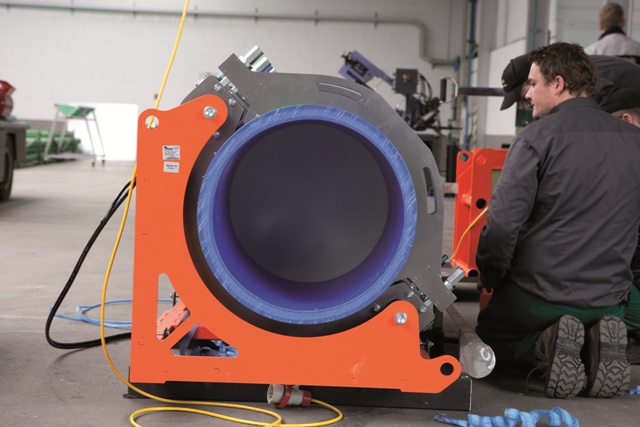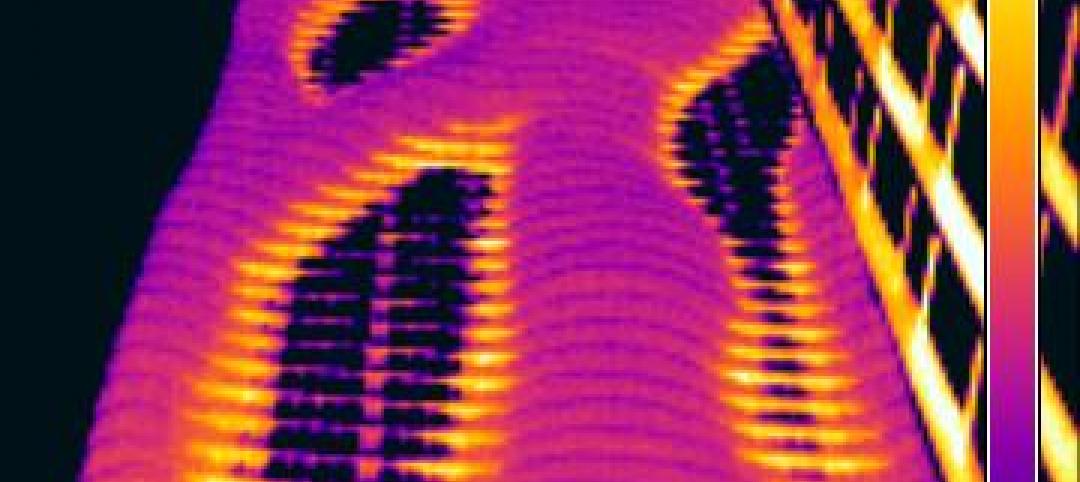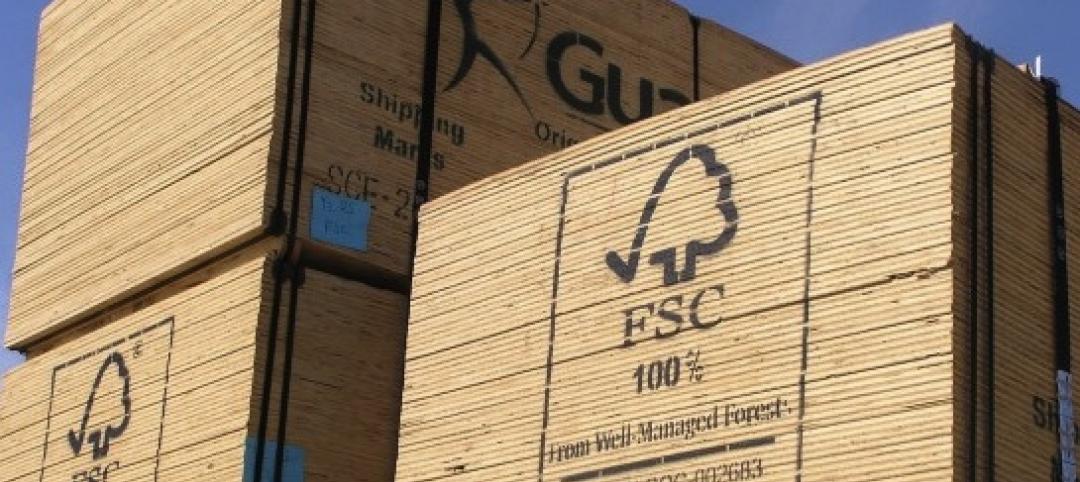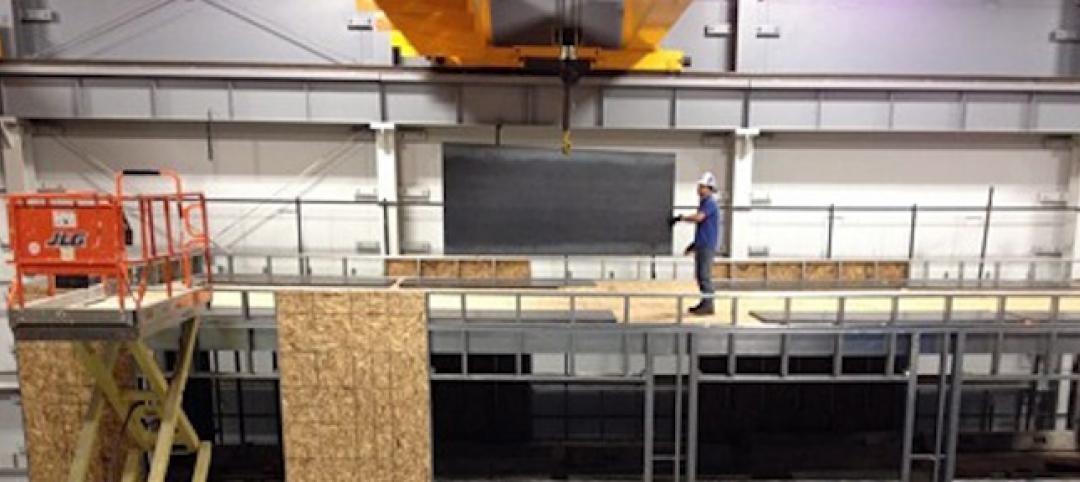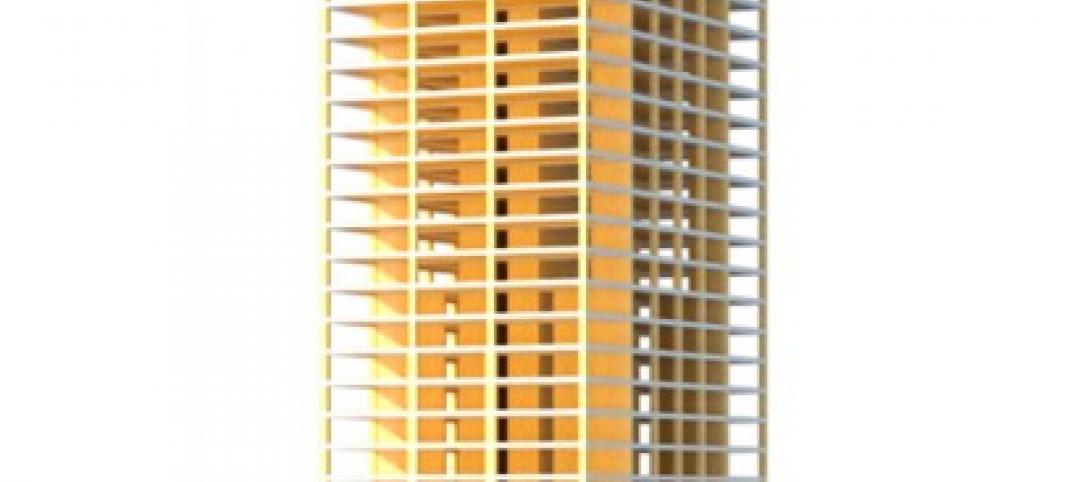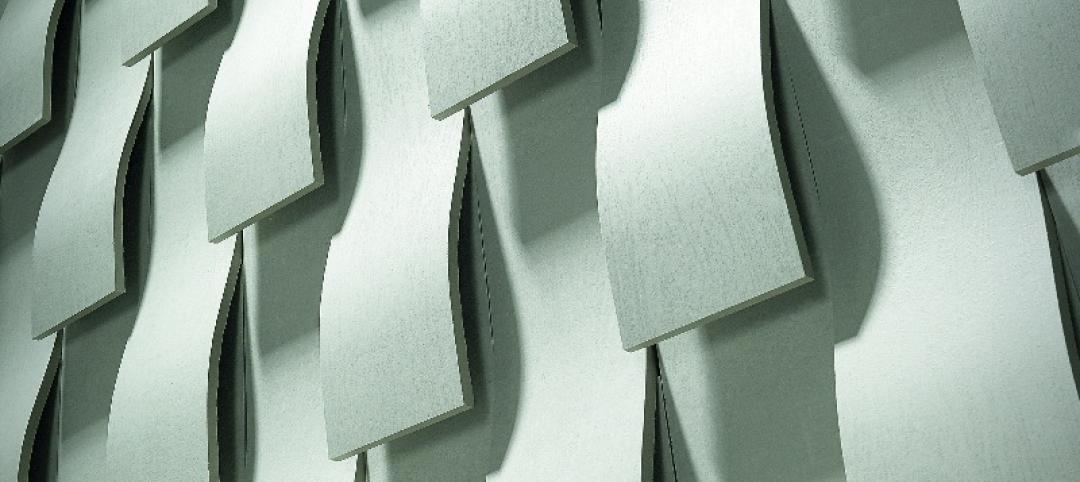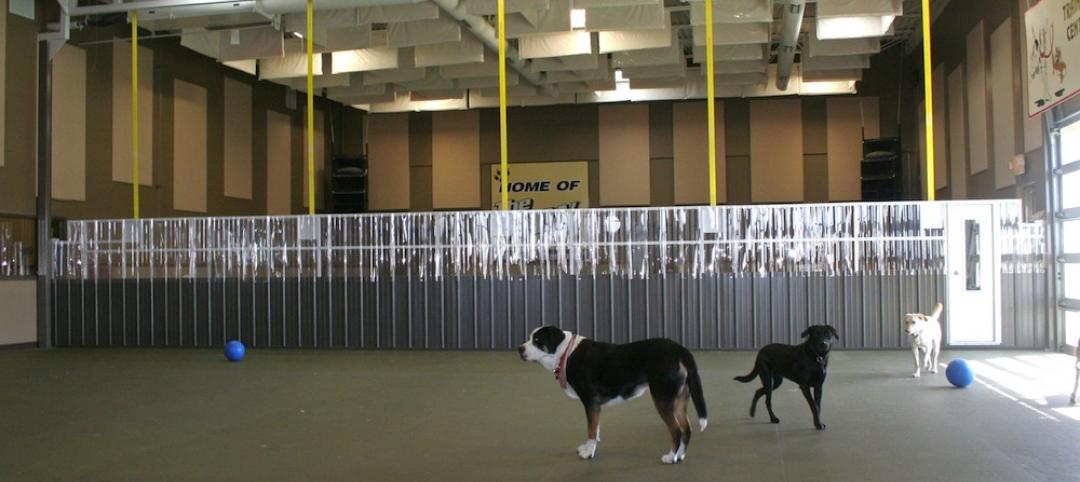Now available in North America for large scale piping applications including high-rise buildings, large chilled water systems, district energy, and water mains is Aquatherm Inc.’s polypropylene-random (PP-R) pressure pipe.
The pipe which has been used for nearly 40 years in over 70 countries, has been making inroads in the North American plumbing, HVAC, industrial markets.
To meet the rising demand for PP-R in larger and more ambitious projects, the company has extended its Greenpipe line up to 18-inch diameter, and the Climatherm line up to 24-inch diameter.
Designed for HVAC applications, Aquatherm Climatherm SDR 17.6 is now available in sizes ranging from 6 to 24-inch and Greenpipe, which is specifically engineered for potable water, is available in SDR 11 from ½ to 18-inch diameter. Greenpipe SDR 7.4 will still be available from ½ to 10-inch diameter. BD+C
Related Stories
| Jun 28, 2013
Calculating the ROI of building enclosure commissioning
A researcher at Lawrence Berkeley National Laboratory calls building enclosure commissioning “the single-most cost-effective strategy for reducing energy, costs, and greenhouse gas emissions in buildings today.”
| Jun 27, 2013
Thermal, solar control designs can impact cooling loads by 200%, heating loads by 30%
Underestimating thermal bridging can greatly undermine a building’s performance contributing to heating load variances of up to 30% and cooling load variances of up to 200%, says the MMM Group.
| Jun 19, 2013
Florida is latest battleground over LEED standards centered on certified wood
A nationwide battle over forest certification standards continues to be played out nationally and in Florida with legislation passed this month.
| Jun 14, 2013
Purdue, industry partners test light steel framing for seismic safety
A partnership of leading earthquake engineering researchers from top U.S. and Canadian universities and design professionals from the steel industry have begun the final phase of a three-year project to increase the seismic safety of buildings that use lightweight cold-formed steel for their primary beams and columns.
| Jun 13, 2013
Health Product Declaration Collaborative names Knott as Executive Director
John L. Knott Jr. has been named as the Health Product Declaration Collaborative’s (www.hpdcollaborative.org) first Executive Director following a national search. The Health Product Declaration Collaborative (HPDC) is a customer-led standards-setting organization committed to the continuous improvement of the building industry’s environmental and health performance, through transparency and innovation in the building product supply chain.
| Jun 4, 2013
SOM research project examines viability of timber-framed skyscraper
In a report released today, Skidmore, Owings & Merrill discussed the results of the Timber Tower Research Project: an examination of whether a viable 400-ft, 42-story building could be created with timber framing. The structural type could reduce the carbon footprint of tall buildings by up to 75%.
| May 21, 2013
7 tile trends for 2013: Touch-sensitive glazes, metallic tones among top styles
Tile of Spain consultant and ceramic tile expert Ryan Fasan presented his "What's Trending in Tile" roundup at the Coverings 2013 show in Atlanta earlier this month. Here's an overview of Fasan's emerging tile trends for 2013.
| May 17, 2013
5 things AEC pros need to know about low-e glass
Low-emissivity glasses are critical to making today’s buildings brighter, more energy-efficient, and more sustainable. Here are five tips to help AEC professionals understand the differences among low-e glasses and their impact on building performance.
| May 14, 2013
Paints and coatings: The latest trends in sustainability
When it comes to durability, a 50-year building design ideally should include 50-year coatings. Many building products consume substantial amounts of energy, water, and petrochemicals during manufacture, but they can make up for it in the operations phase. The same should be expected from architectural coatings.


